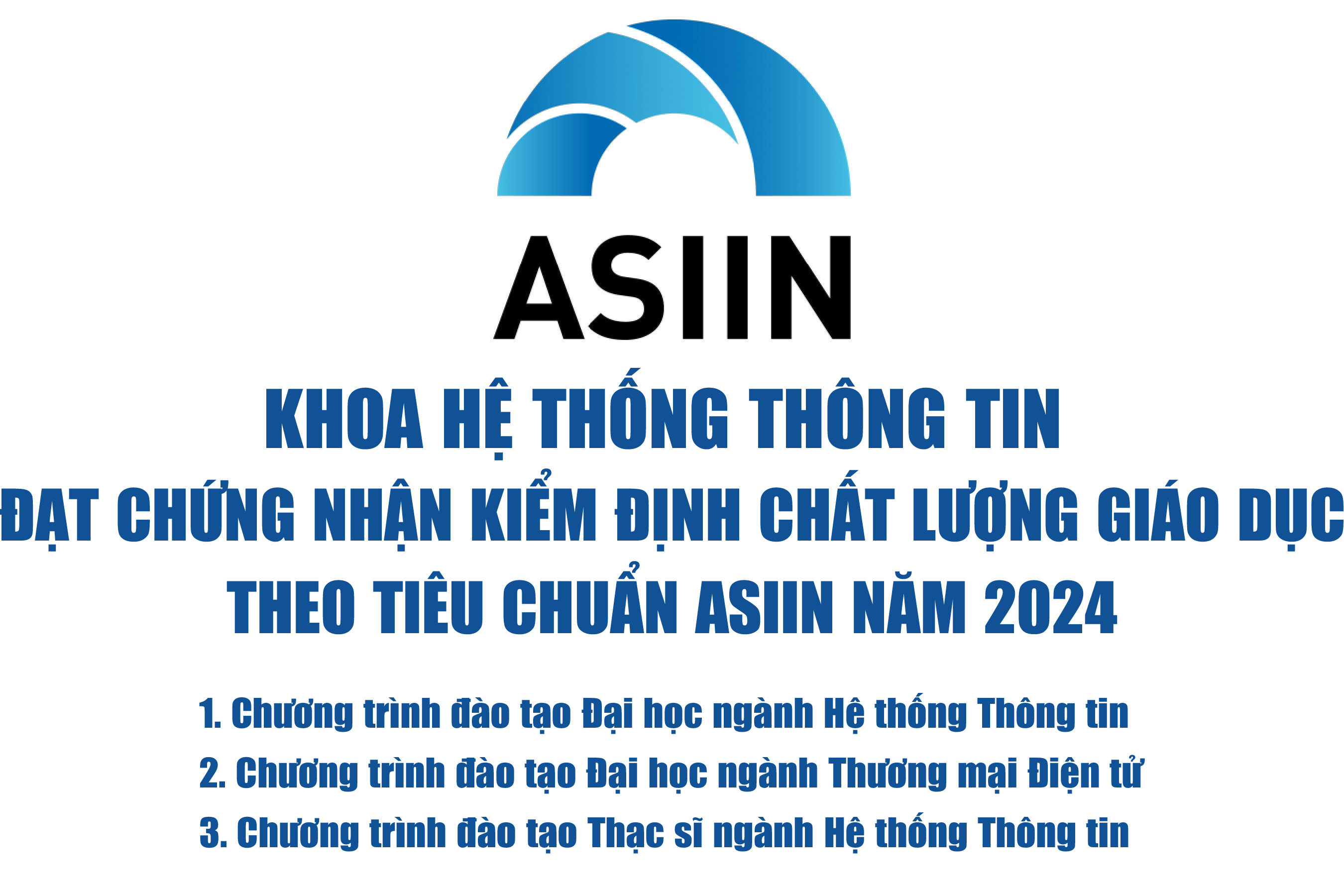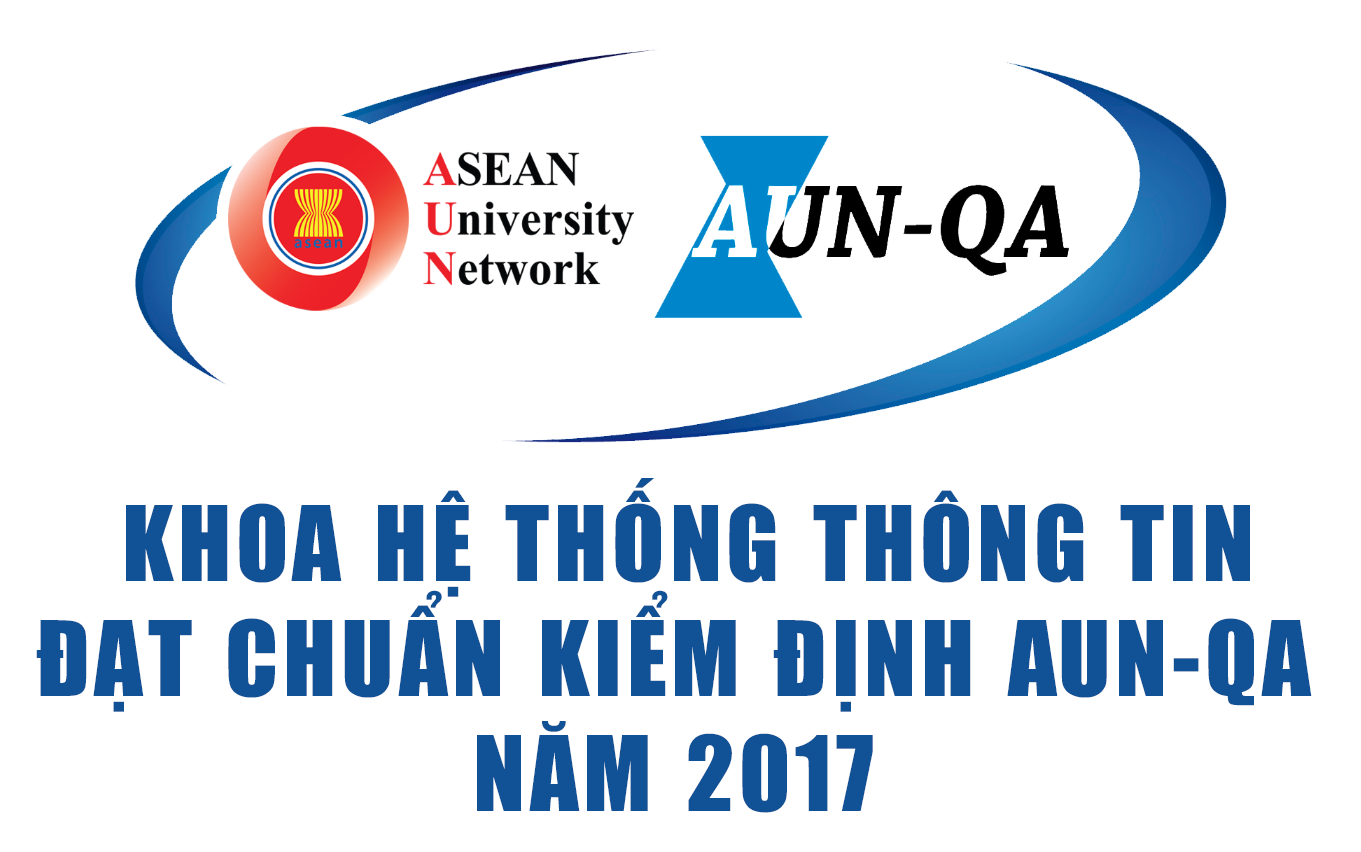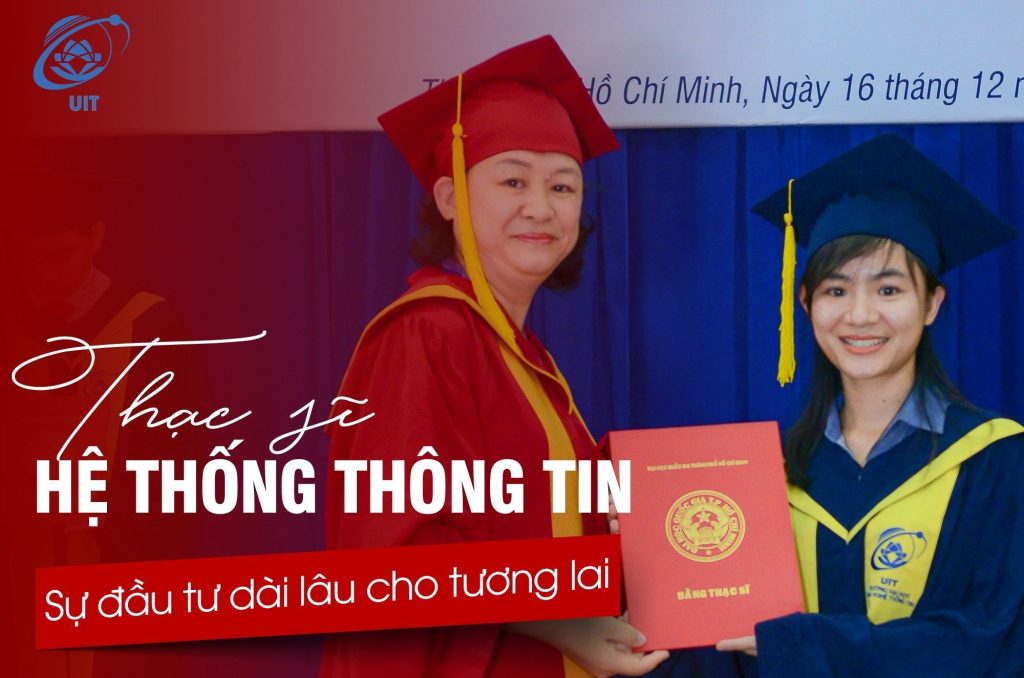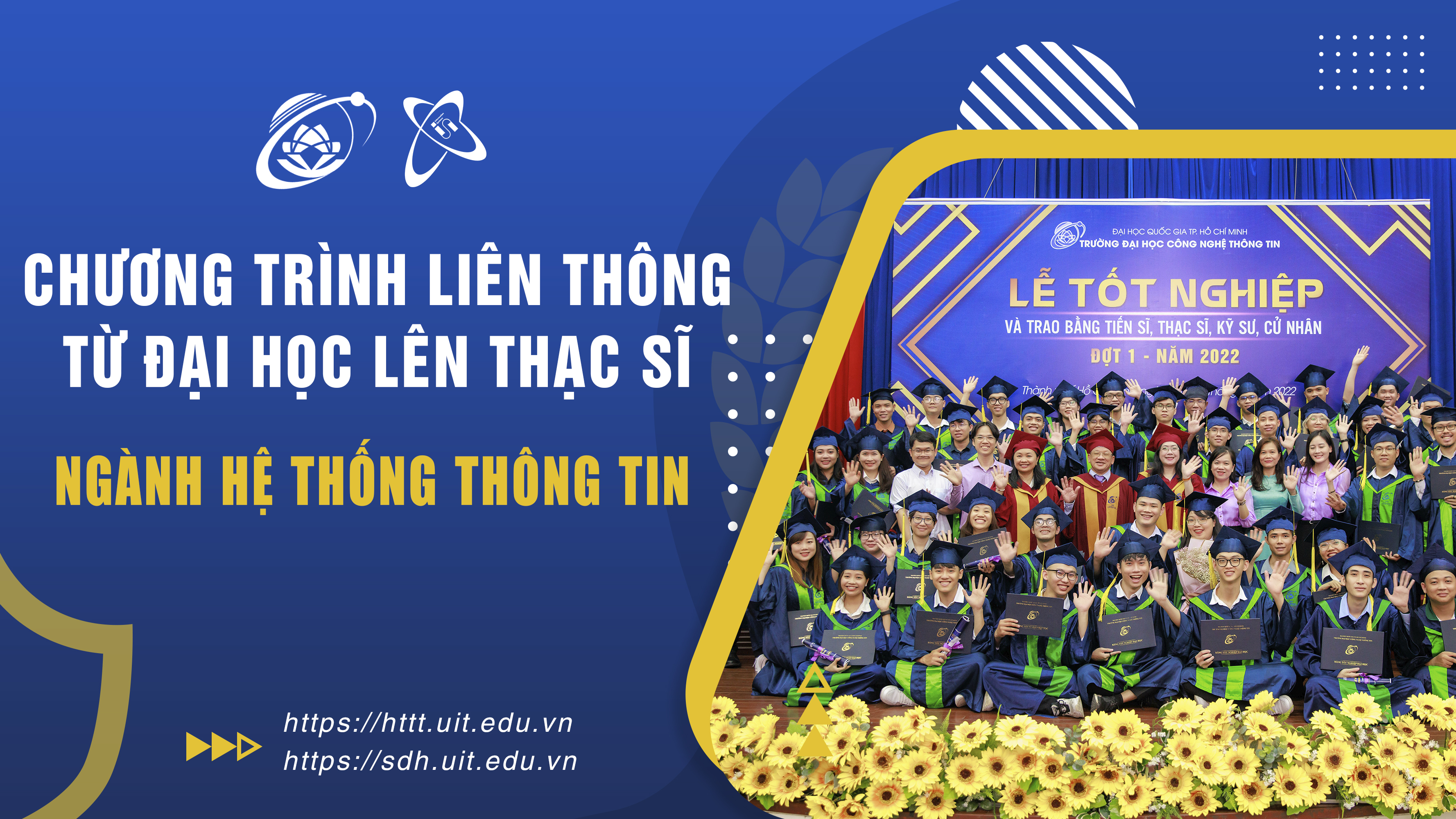Chúc mừng nhóm sinh viên lớp HTTT2019 có bài báo nghiên cứu được chấp nhận tại Hội nghị khoa học quốc tế CITA lần thứ 13 năm 2024.
CITA (Conference on Information Technology and ITs Application) là hội nghị khoa học thường niên với mục tiêu chính là tạo ra một diễn đàn quy tụ, kết nối các nhà nghiên cứu, nhà khoa học, chuyên gia Việt Nam và quốc tế tham gia vào các lĩnh vực công nghệ thông tin và ứng dụng. CITA lần thứ 13, năm 2024 sẽ được tổ chức bởi Trường Đại học Công nghệ Thông tin và Truyền thông Việt – Hàn (VKU), thành viên của Đại học Đà Nẵng, với sự hỗ trợ của các cơ sở nghiên cứu và đào tạo khác thuộc Hiệp hội Nghiên cứu Đổi mới Sáng tạo ASEAN (ACIR), Hiệp hội Vietnam ICT Association of Faculties-Institutes-School-Universities (FISU Việt Nam). Hội nghị sẽ diễn ra vào ngày 19-20/7/2024 tại Thành phố Đà Nẵng và Thành phố Hội An
Link hội nghị: https://cita.vku.udn.vn/
Tên bài báo: “Research and experiment with some activation functions in sleep stage classification using deep learning methods”
Sinh viên thực hiện:
- 19522384, Tần Thùy Trang, HTTT2019.
- 19521550, Nguyễn Thị Hồng, HTTT2019
GVHD: ThS. Dương Phi Long
Abstract: “Sleep disorders are becoming increasingly complex in today’s society. Analyzing sleep structure provides valuable information about sleep types, sleep cycles, and variations in different stages. However, manual sleep stage classification is challenging and time-consuming, limiting its clinical use. Deep learning methods have demonstrated promise for automated sleep stage classification, but they face challenges such as class imbalance and the need for interpretability. This paper investigates three deep learning methods, TinySleepNet, TS-TCC, and CA-TCC, using the Expanded Sleep-EDF dataset. We evaluate the performance of these methods and propose methods to address the aforementioned challenges. Our results show that deep learning methods can achieve high accuracy for sleep stage classification, especially with the proposed enhancements. We also developed a sleep stage classification tool based on methods.”











